Abstract
- VW’s pivot to EVs, pushed by Dieselgate, uncovered gaps in software program and battery capabilities, resulting in lagging gross sales.
- As soon as dominant, VW now struggles towards aggressive native EV manufacturers in China’s reworking market.
- Monetary strains threaten VW’s German vegetation, creating social and political tensions.
- Employee unions and state governments resist cost-cutting measures, complicating restructuring efforts.
- VW’s success in upcoming EV initiatives and strategic pivots will form its legacy and Germany’s industrial energy.
The Volkswagen identify has grow to be synonymous with excellence in German engineering on the vital junction that will change it ceaselessly. The shifting sands of electrification, competitors globally, and financial hardships throw on the automaker among the most onerous exams in its 87 years of historical past.
Celebrated as soon as for the innovation of Germany’s highly effective economic system, at this time Volkswagen is anxious about slipping gross sales in electrical automobiles, eroding Chinese language market share, and unparalleled human useful resource challenges. The stakes are larger than ever, with manufacturing unit closures a risk and €17 billion value of financial savings on the road.
Nonetheless, this disaster isn’t just a Volkswagen downside; it’s the image of a battle throughout Germany’s total industrial spine and the auto trade worldwide. As the corporate tries to reinvent itself, the slightest transfer is carefully scrutinized for indicators of what could also be in retailer for the nation’s legendary automotive trade.
From Dieselgate to EV Stumbles
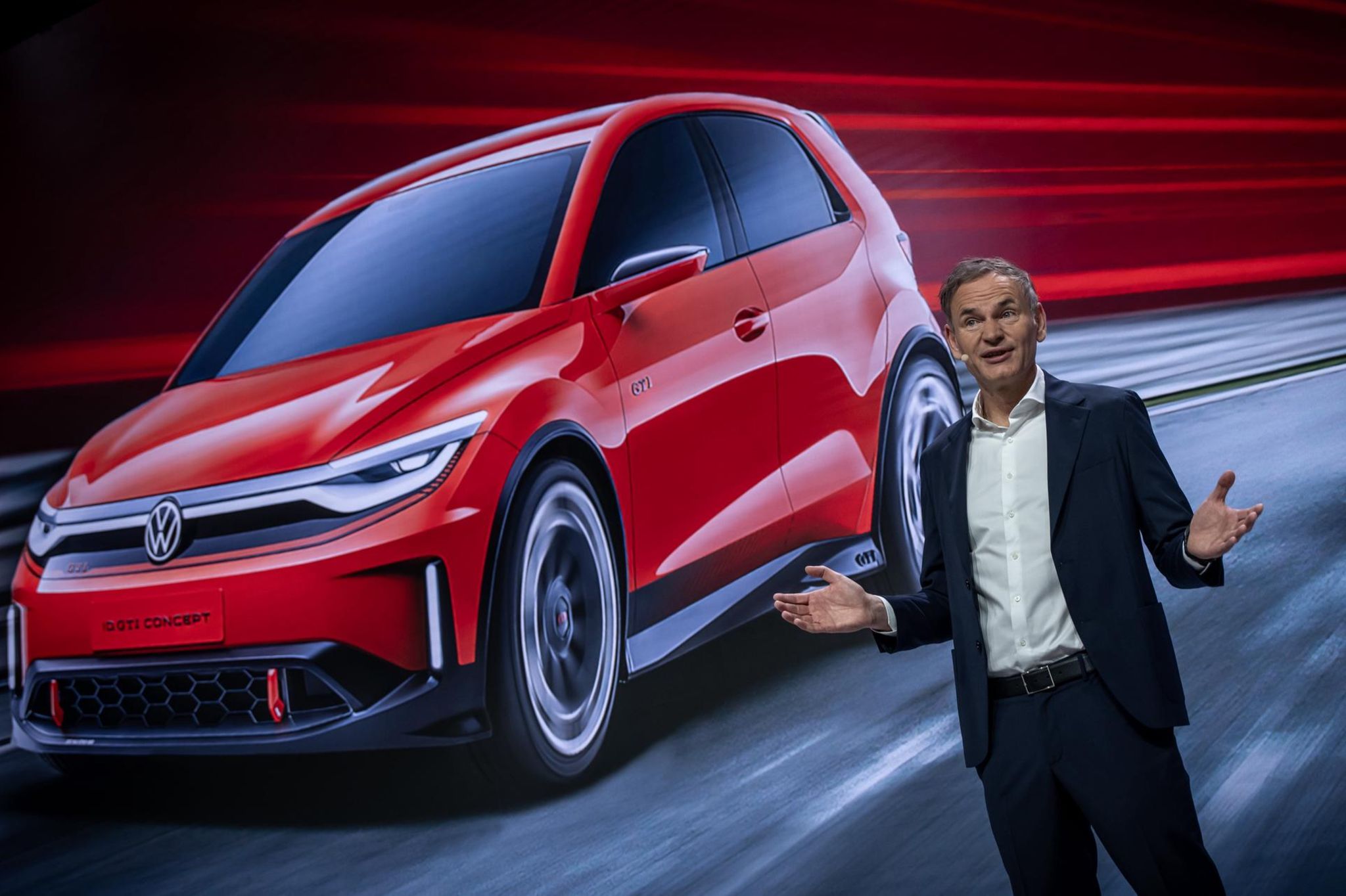

Volkswagen’s present struggles hint again to the notorious 2015 Dieselgate scandal, a turning level that undermined public belief and compelled a fast pivot towards electrification. This shift required vital investments in battery expertise and software program, areas wherein VW lagged behind opponents like Tesla. The corporate’s ambition to vertically combine its provide chain—constructing proprietary batteries and in-house software program—proved extra complicated than anticipated. Tesla’s dominance in EV expertise underscored VW’s comparative shortcomings, significantly in crafting fascinating and reasonably priced electrical fashions.
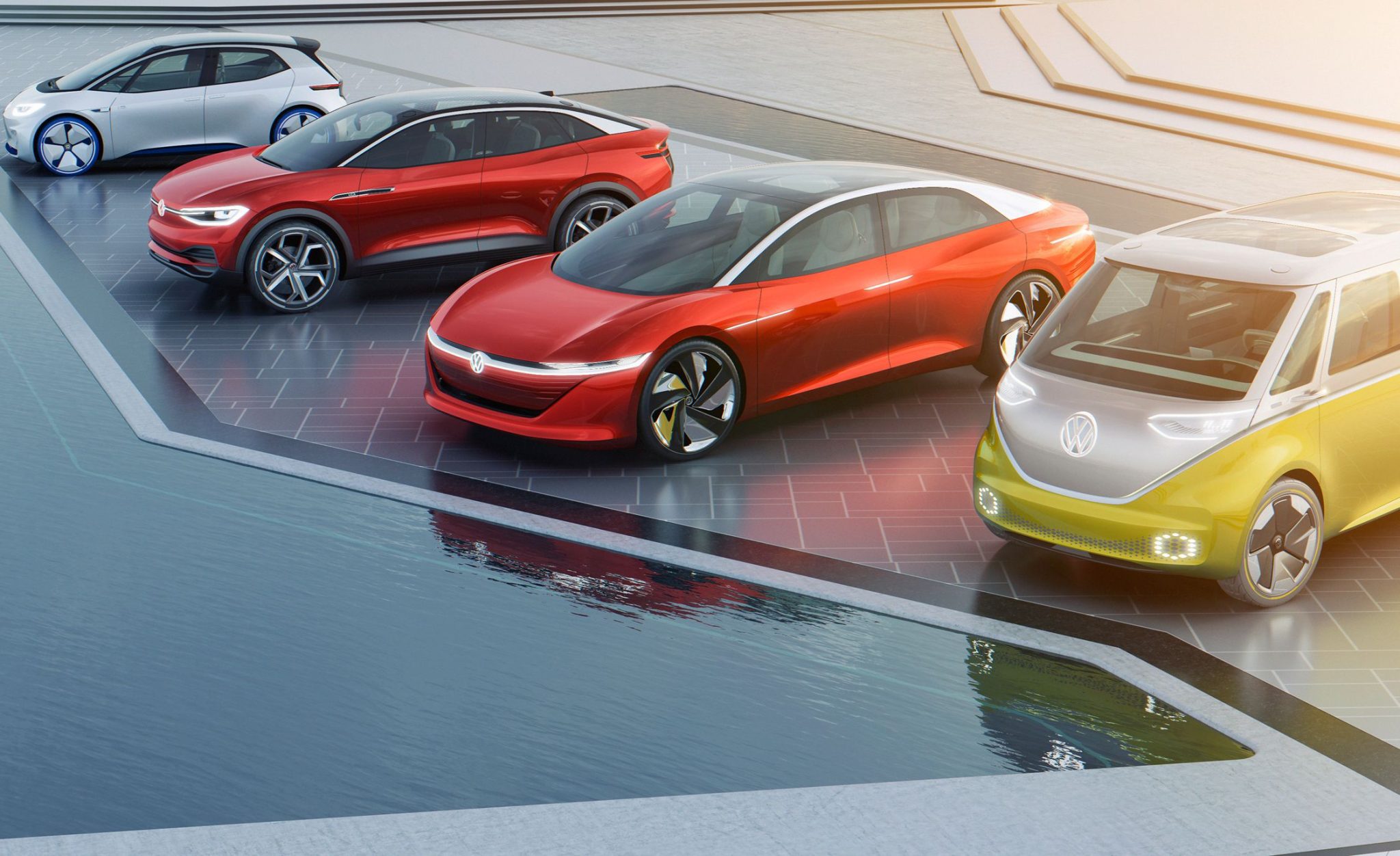

This battle is mirrored in slumping EV gross sales in Germany, a market the place EV adoption has not accelerated as anticipated. The absence of a contemporary “Folks’s Automotive” equal for the EV period additional complicates issues. The lackluster efficiency of Volkswagen’s electrical lineup raises questions on its readiness for a market that calls for innovation and affordability. VW’s predicament underscores the challenges legacy automakers face within the transition to electrification, the place agility and technological integration are paramount.


As VW pushes ahead with its electrification technique, CEO Oliver Blume has promised aggressive new merchandise by 2025. Whether or not these initiatives can flip the tide stays unsure, however the stakes are clear: success is vital to safeguarding the corporate’s future and sustaining its standing as a German industrial powerhouse. However issues aren’t wanting good for the German carmaker. Volkswagen’s market cap worth has plunged from $148 billion (€140 billion) in 2021 to $41.98 billion (€39.84 billion) as of November 2024.
China’s Rise: How Native Rivals Are Threatening VW’s World Dominance
For years, Volkswagen had an ideal run in China, whereas the German firm positioned itself to carry onto its lead on the earth’s greatest automotive market. However Chinese language carmakers now are profiting from their nation’s financial pivot towards electrical vehicles. The businesses, together with BYD and NIO, have seized a lion’s share of the market with their aggressive, regionally made EV choices focused at Chinese language shoppers. On the identical time, Volkswagen is dropping floor, with its gross sales and market share on a constant downhill slide.
However probably the most significant issue of all is the gradual response to the fast-growing competitors: Overconfidence in German engineering’s enchantment worldwide left it blind-sided by the rising Chinese language. The Chinese language, at this time, merely personal the EV area, however more and more problem Western manufacturers, like VW. To make issues even worse, the Chinese language financial slowdown introduced down demand throughout the board, significantly for foreign-made automobiles.
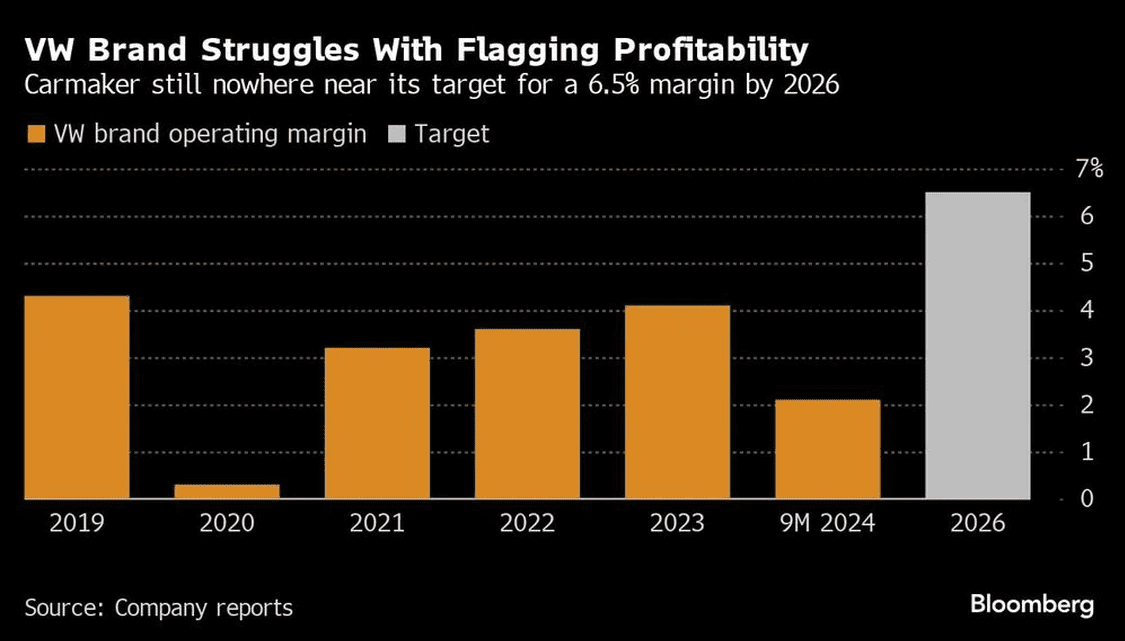

In response, Volkswagen has sought partnerships with Chinese language EV corporations to bolster its choices within the area. Whereas these collaborations goal to rejuvenate its Chinese language market share, critics query whether or not they can bridge the hole quick sufficient. VW’s struggles in China spotlight the broader danger going through Western automakers: a failure to adapt rapidly to native market dynamics can jeopardize many years of dominance.
The Battle Over Manufacturing facility Closures in Germany
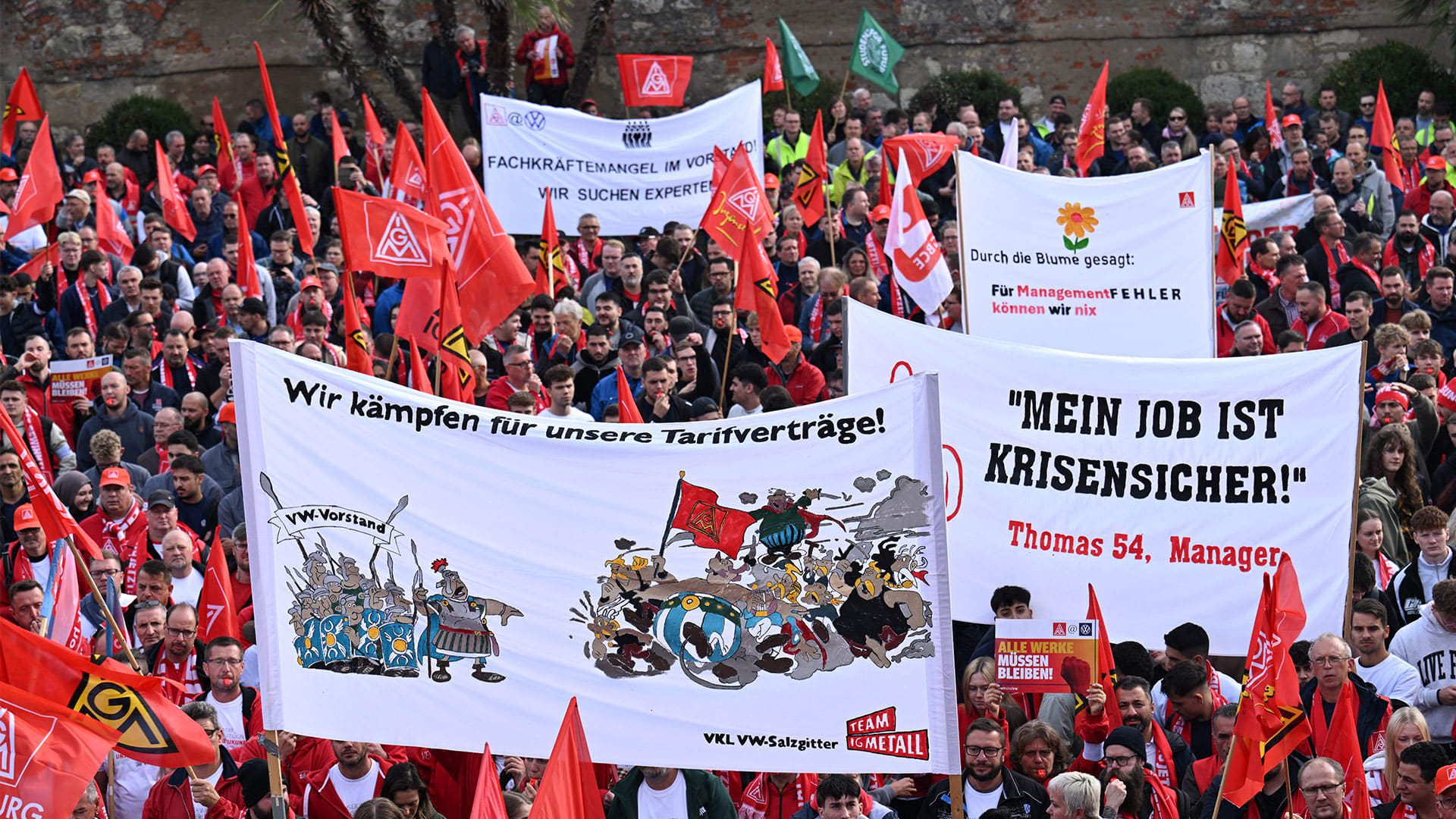

Volkswagen’s historic consideration of manufacturing unit closures in Germany marks a seismic shift in its company technique. For 87 years, the corporate has been a cornerstone of German trade, offering steady, well-paying jobs to hundreds. Nonetheless, mounting monetary pressures—together with the necessity to save €17 billion—have put these traditions in jeopardy. Administration has recognized as much as three German manufacturing amenities vulnerable to closure or restructuring, sparking stress with staff and native governments.
On the very coronary heart of this dispute is Wolfsburg, VW’s symbolic headquarters and residential to its first manufacturing unit. With the manufacturing unit of huge scale and deeply ingrained into the native economic system, closing it will depart a devastated Wolfsburg and communities surrounding it. The issue goes even past financial points and entwines itself throughout the social and political material of Germany. Employee unions, led by the state of Decrease Saxony, wield vital energy in company decision-making, hindering administration in its try to cut back prices.
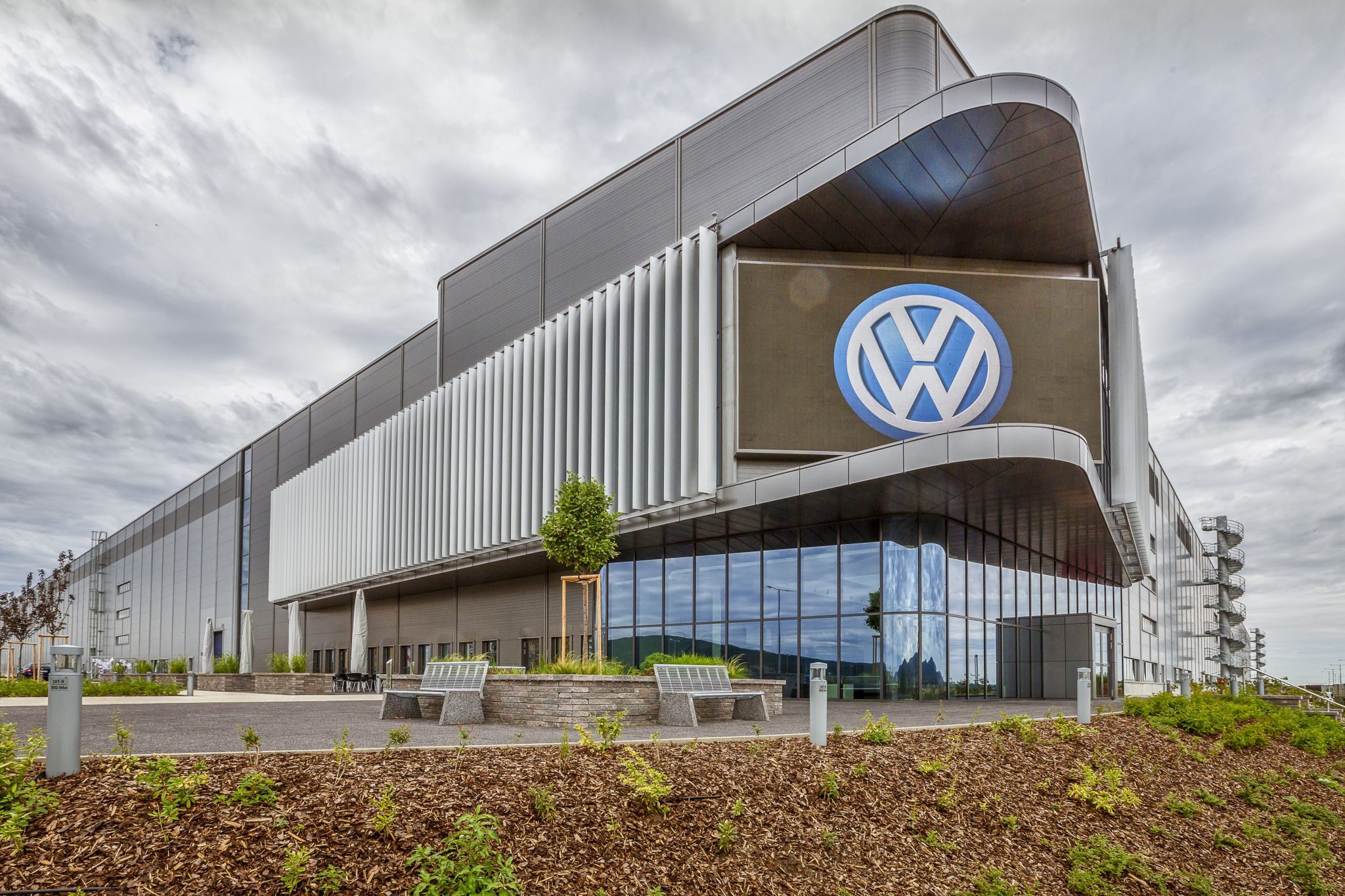

The standoff between the 2 sides has catalyzed protests and grueling negotiations, underlining the difficulties of balancing monetary viability towards social accountability. But when German vegetation are being turned over for different makes use of or bought off, a bitter irony presents itself: that of Chinese language automakers changing their German brethren. The way in which Volkswagen resolves this conundrum is a name on its future and heritage.
The Highway Forward for Volkswagen
Volkswagen’s battle has grow to be a metaphor for the predicament of Germany’s industrial spine in a fast-changing world. From botched electrical automotive launches to slumping market share in China and employee flare-ups again house, VW’s disaster goes far past one firm’s destiny. Because the German carmaker seeks to reinvent itself with formidable plans and hard selections, its success—or failure—can have far-reaching implications for the way forward for Germany’s automotive trade and past.
Above content material ©2024 Bloomberg L.P. reviewed and edited by the Good Automotive Unhealthy Automotive editorial workforce.


